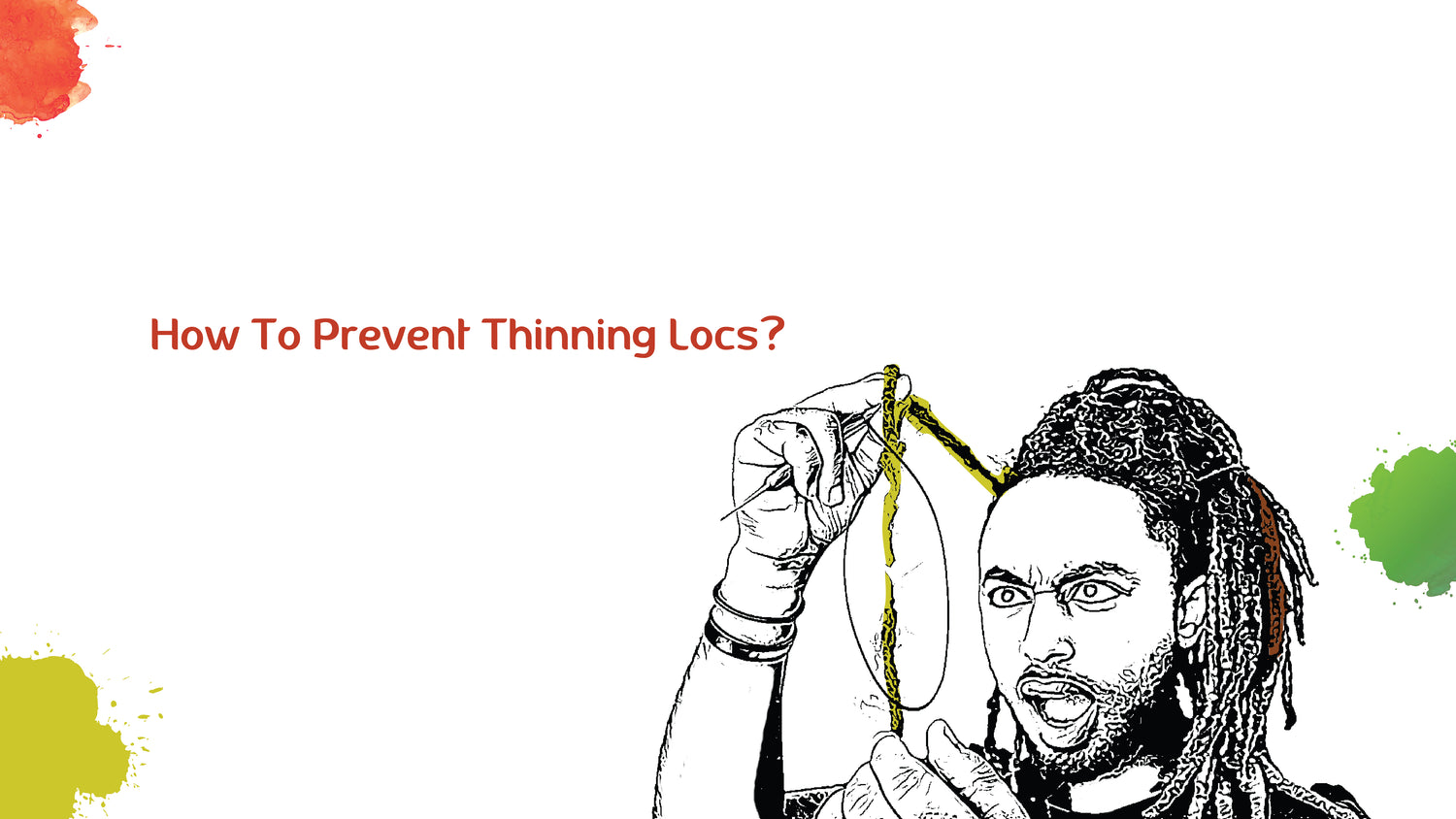Greetings, dear reader! Today we embark on a journey that takes us into the rich and intricate tapestry of human culture, where we unravel the complex narrative of a popular hairstyle - dreadlocks or 'locs'. Though you may be familiar with their modern popularity and unique aesthetic, their roots run deeper and darker than you might expect.
The Historical Backdrop
Let's start by setting the stage. The origins of locs are not confined to a particular period or place. Traces of the hairstyle are found in Ancient Egypt, as evidenced by mummified remains and artistic depictions. Greek, Indian, and African civilizations have also provided archaeological testimonies of locs. However, the dark history we are about to explore is more recent and centers predominantly around the African and Afro-Caribbean contexts.
Despite its rich historical significance, the narrative of locs took a dark turn with the advent of the Atlantic Slave Trade in the 15th century. Africans were torn from their homes and transported to foreign lands, their identities, including their hair, forcibly stripped away. Hair - which had been a proud symbol of culture and identity in many African societies - became a battleground of resistance and compliance.
For enslaved Africans in the New World, their natural hair, which grew into loc-like formations, was deemed 'dreadful' by the colonizers. Thus, the term 'dreadlocks' was born, steeped in prejudice and oppression. This pejorative term epitomized the demeaning lens through which African aesthetics were viewed by Western societies.
Slavery and Dreadlocks
Cultural Stigmatization
Fast forward to the 20th century. As dreadlocks became more associated with Rastafarianism, a spiritual movement born in Jamaica, they became imbued with a profound sense of cultural significance and resistance against societal norms. However, this association also led to their stigmatization.
In the 1960s and 1970s, the rise of Rastafarianism and the Black Power movement resulted in a resurgence of locs, symbolizing black pride, resistance to oppression, and a connection to African heritage. Unfortunately, these symbols were not universally understood or appreciated.
Many perceived locs as 'dreadful', coining the term 'dreadlocks'. The world was not ready to accept this bold assertion of cultural identity. Loc-wearers faced racial discrimination, being labeled as dirty, unprofessional, or criminal. People lost jobs, faced social ostracization, and were even expelled from schools due to their hairstyle. The locs, thus, turned into a double-edged sword, giving their wearers a strong cultural identity while subjecting them to prejudice.
The Cultural Appropriation Issue
Irecent years, a new form of cultural controversy has emerged around locs: cultural appropriation. When worn by individuals outside the Black community, particularly celebrities or influencers, locs have often been perceived as fashionable, edgy, or avant-garde, neglecting the historical significance and struggles associated with them.
This dichotomy – where locs are celebrated on some and vilified on others – highlights the inherent racial bias in our societies. It stands as a painful reminder of a history of marginalization and discrimination that the Black community has faced.
Conclusion
Locs are more than just a hairstyle; they are a powerful symbol of cultural heritage, resistance, and identity. However, their rich history is tinged with suffering and prejudice. As we appreciate locs in the modern context, it is essential to remember and respect their complex historical narrative. This understanding allows us to challenge biases, fight cultural appropriation, and ultimately honor the journey that locs have taken through history, from the shadows into the spotlight.
Remember, when you see someone wearing locs, you're not just looking at a unique hairstyle; you're witnessing a story - one that's centuries old, filled with joy, pain, resistance, and resilience.
We hope this dive into the darker side of the history of locs has given you a new perspective. Stay tuned for more insightful journeys into
the vibrant and diverse world of human culture. Until then, keep learning, keep questioning, and most importantly, keep appreciating the beauty in our differences.








